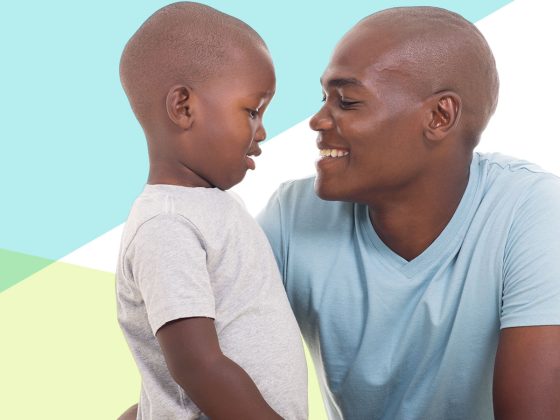
Answering Tough Questions
Prepare for the tough questions that children may ask about divorce.
Though children’s questions may have no easy answers, it’s important they know it’s always okay to ask. While having these conversations, sit together in a comfortable place and hold kids close. While you talk, hold their hand or give them a long hug. A simple touch can go a long way. Here are ideas for answering three common questions:
What’s a divorce? This big question can come at any time—sometimes when you least expect it. You might say, “A divorce is when two people decide not to be married anymore. Although we won’t be married anymore, we will always be your parents.”
Why did you get a divorce? You might have many answers to this question, but the best thing to remember is that there are certain things to share and other things that don’t need to be shared. You can say, “Mommy and Daddy had grown-up problems that we couldn’t fix, even though we tried and tried. Even though we won’t be married anymore, we’ll always love you. Our divorce is not your fault.”
Will you get back together? This may be an uncomfortable question. Still, it’s an important one to clarify. If the answer to this question is “no,” communicate this. Answer honestly, but without sharing unnecessary details about why. You might say, “No, we are not going to get back together, but we will always be your parents.”

Co-parenting Conversations
Simple conversation starters to develop your parenting partnership.
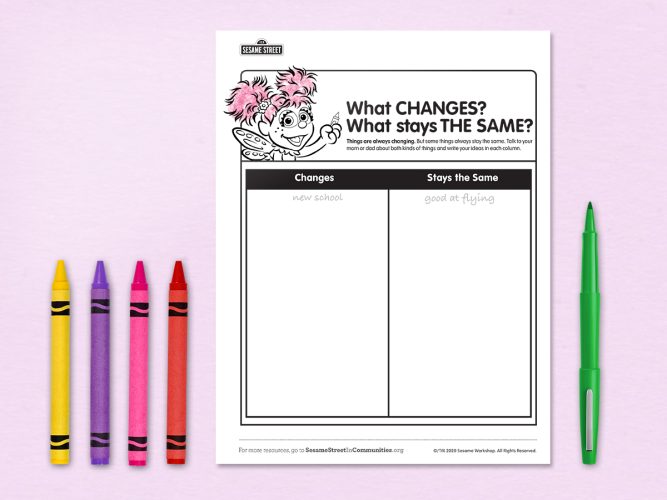
What Changes? What Stays the Same?
Big changes can be scary for everyone, but there are things you can do to help.
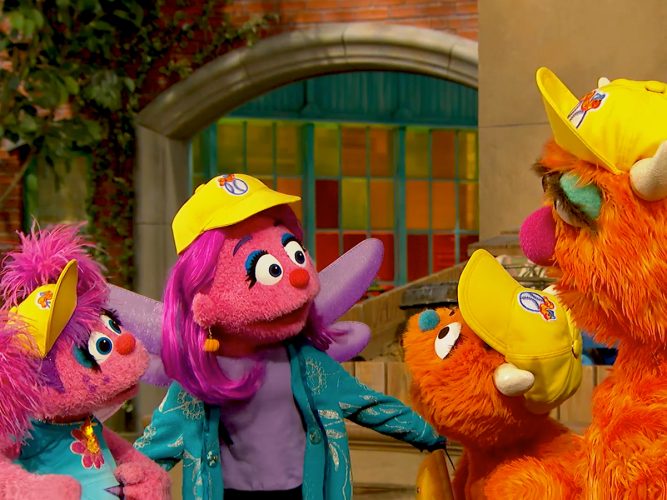
A Monster-Fairy Problem
A video about the challenges and joys of a blended Muppet family.
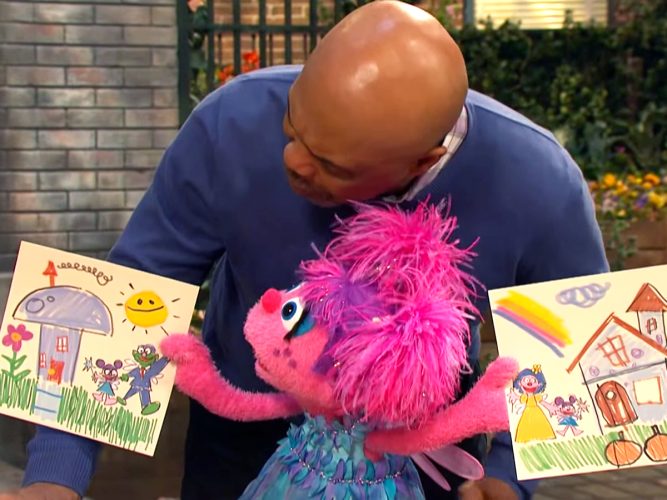
Adjusting to Two Homes
Use this video to show children that many other kids have two homes.

Tell Me About It
Asking children questions and listening to their answers lets you know what’s on their minds.

Taking Care of Yourself
A few ideas to help grown-ups take care of themselves during a divorce, too.
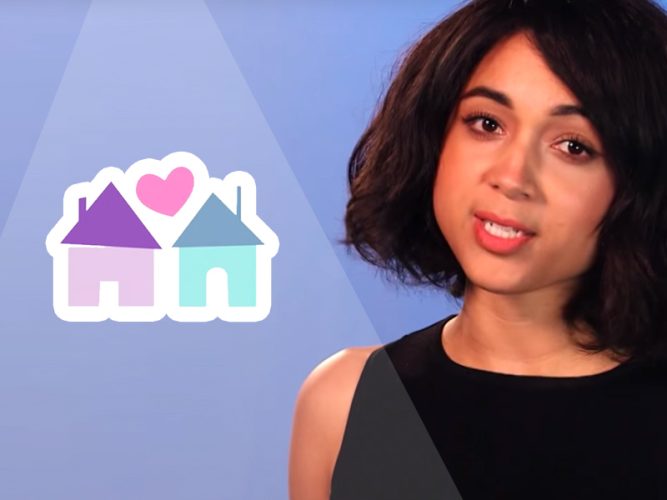
Dealing With Divorce
An overview of strategies adults can use to help kids understand divorce and adjust to the changes it brings.
